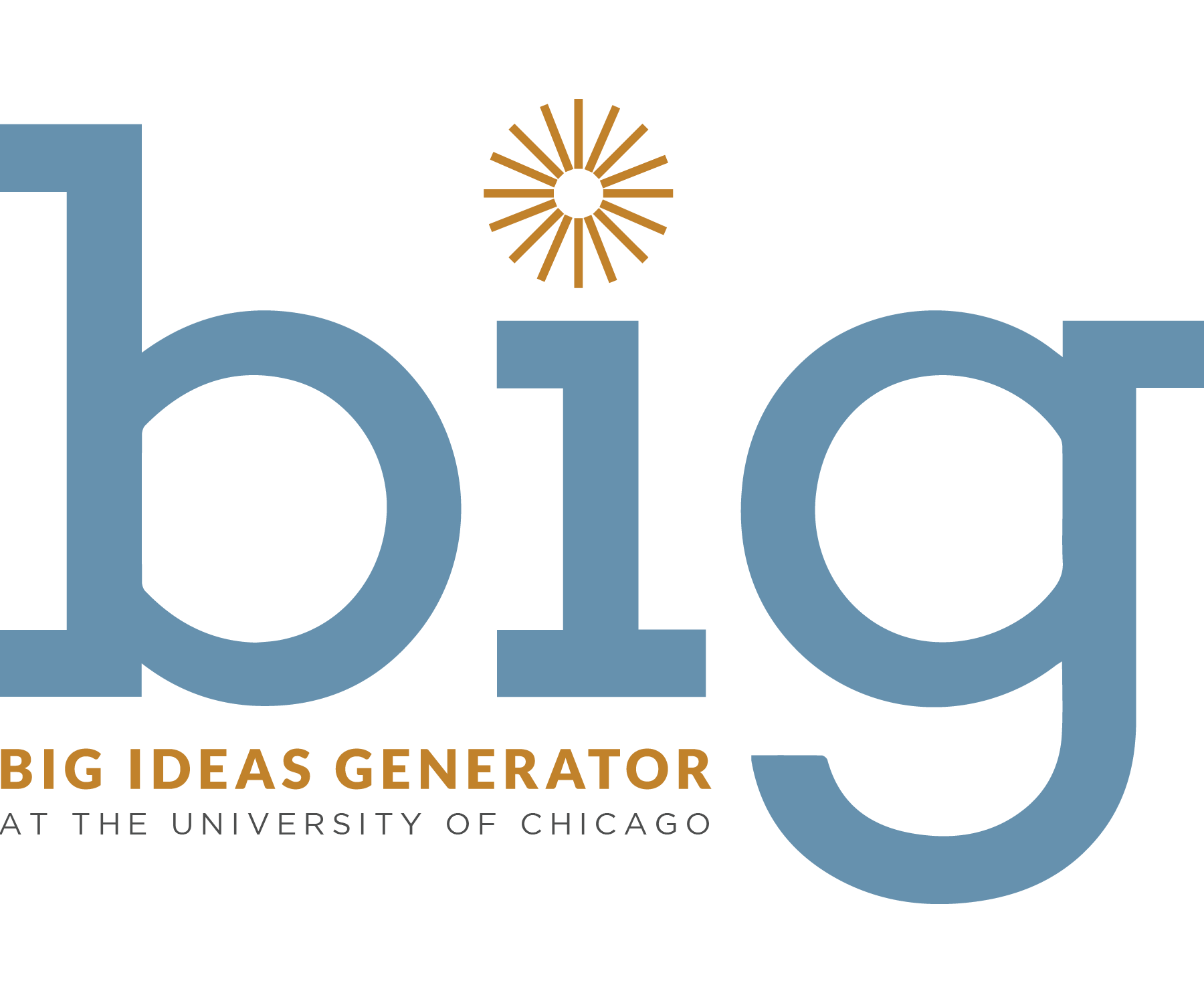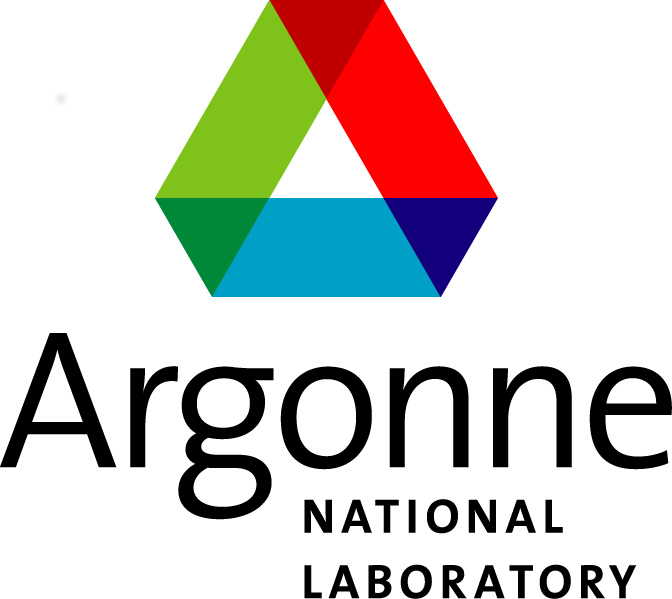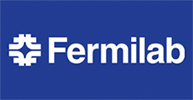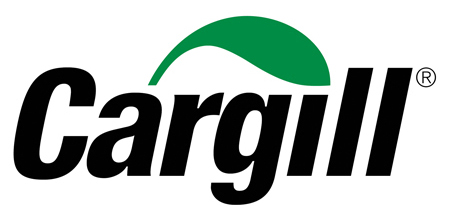Events

Chicago Science Festival
Merchandise Mart
222 W Merchandise Mart Plaza
Chicago, IL 60654
Illinois Science Council invites you to the second annual Chicago Science Festival — a celebration of the wow-inspiring, mind-expanding, human-benefitting awesomeness that is S.T.E.M (science, technology, engineering & math) research in the Chicago area. All events require tickets/registration, generally $10 in advance/$15 day of. All-Day passes give you access to all talks on Saturday, May 14 and are $30 in advance/$40 day of. (If all-day passes sell out, no individual tickets will be sold.) Advance ticket sales end at 6:00pm May 13, then get them at the door.
Friday, May 13, 3:30-6pm
This opening event of the 2016 Chicago Science Festival will feature a series of talks in which speakers will discuss how cutting-edge research can help address some of the biggest intellectual and societal challenges, and what the University of Chicago is doing to support bold scientific risk-taking. UChicago faculty from psychology, neuroscience, and physics will present their breakthrough ideas, and Monika Bickert, Head of Facebook’s Global Policy, will discuss how collaborations with research universities is crucial for solving pressing social issues. This event is free but space is limited. Registration is required.
“Systematic Serendipity: How to Engineer a Scientific Breakthrough”
3:30pm Big Ideas Generator, Elena Zinchenko, Director of Research Innovation, University of Chicago
3:40pm “Brain and Learning” – Sarah London, Marc Berman
4:00pm “Neural Computation” – Stephanie Palmer, Jason MacLean
4:20pm “Design by Disorder” – Heinrich Jaeger, Sid Nagel
4:40pm Keynote: “Social Media Data for Social Good”
– Monika Bickert, Head of Global Policy, Facebook
5:00pm Discussion
5:30pm Happy Hour
Saturday, May 14, 10:00am - 5:00pm
Satuday includes a full day of fascinating topics with engaging speakers and a free demo area. You can purchase all-day passes giving you access to ALL talks and demos on May 14 or purchase tickets for individual speakers. (If all-day passes sell out, no individual tickets will be sold.) Advance ticket sales end at 6:00pm May 13, then get them at the door. Topics include:
"Circadian Rhythms, Sleep, and Your Health - What? How? And When?"
Circadian "clocks" are ticking throughout the human body, influencing virtually everything our bodies do, ranging from what genes are expressed in our cells to when we sleep and eat. How do these clocks work and what is the impact of modern 24/7 society? Can lack of sleep actually make us sick and not just tired? Does it matter when we eat? Learn about the latest discoveries on the importance of circadian rhythms and sleep for health. Also why Chicago is a big deal in sleep research!
Martha Hotz Vitaterna (Northwestern U) 10 – 11:00am
Chicago's Urban Wildlife – What you might encounter in your neighborhood
Chicago is a lot more than simply sidewalks and skyscrapers. Cities are richly biodiverse with critters and ecologically unique. Come hear about groundbreaking research monitoring Chicago’s wildlife with camera traps and acoustic detectors, and how you can get involved in work as a citizen scientist.
Liza Lehrer (Lincoln Park Zoo) 10-11:00am
Saving Monarchs and More – Trials, tribulations, and citizen science of tracking and saving species of all kinds
Save the Monarch Butterfly! Or should we?? What about the less well-known and less-charismatic little brown butterfly? Does that one just need better P.R. or lobbyists? Or should we let it go extinct? Hear how the Midwest is crucial to saving Monarchs (and maybe it is to saving us), get insight into the fascinating complexities of the Endangered Species Act, and find out how – and why – average citizens are involved in animal protection.
Doug Turon (Nature Museum) 11am – 12noon
The How & Why of Tracking the Invisible, Elusive Neutrino- from the sun, distant galaxies and particle accelerators
Neutrinos are tiny, invisible, neutral things, barely interacting with gravity, light, and certainly not with us. They zip through us and the Earth at a rate of 1 trillion per second. How the heck do you study such things? Why study them? And why do so at Fermilab or Antarctica or in underground mines? Here’s your chance to hear about truly challenging and exciting research in the world of physics.
Anne Schukraft (Fermilab) 11am – 12noon
Your Brain on Psychotropic Drugs
Learn about the long and winding history – both cultural and scientific – of psychotropic drugs. Plus all the things you’ve always wondered about how hallucinogens might impact your synapses! Coffee, marijuana; caffeine, chocolate; LSD, mushrooms, alcohol… all your favorite drugs will be discussed for their neuro-impact. No consumption or experimenting, other than coffee or chocolate, are provided or allowed.
Richard J. Miller (Northwestern U) 12noon – 1:00pm
The End of Water As We Know It
The golden age of abundant, clean and cheap freshwater is coming to an end. Much like oil conflicts influenced the 20th century, water technology, access and management figure to shape the 21st century affecting everything from how our food is raised to how our economies function. Come hear a fantastic presentation on how we got to this point, what lies ahead, and what can be done now to respond and adapt.
Seth Darling (Argonne Lab) 1 – 2:00pm
Black Holes & Gravitational Waves – Why a massive galactic occurrence requires mind-blowingly precise detection
Two black holes, about 30 times more massive than our Sun merged to create a larger black hole. It happened 1.3 billion light years away and information about it has been heading our way since before multicellular life existed on Earth. How and why did we learn about this only last September? Come learn how this was discovered, what it tells us about our Universe and what it means for future research. Oh, and what “LIGO” stands for.
Shane Larson (Adler & Northwestern U) 1 – 2:00pm
Microscopy and the Mystery of Pablo Picasso's Paints
Art aficionados wondered for decades about Picasso’s use of paints. Did he or didn’t he? The answer came not from art historians but from the super high-level technology of Argonne's Advanced Photon Source, which produces the brightest, most intense X-rays in the Western Hemisphere. It’s a great story of the benefits of looking at things at a molecular level for answers and insights, and a lesson in how both artists and scientists can come to view their work in entirely new ways.
Volker Rose (Argonne Lab) 2 – 3:00pm
Deep Ocean Research Adventure – Discovering life waaaay down under
Our beautiful blue planet Earth is covered nearly 70% by oceans but we know more about the surface of Mars than about the bottom of our own oceans! At least we now know that, despite the crushing weight of the water and the lack of sunlight, there is actually life way down there. An astounding array of diverse and bizarre (to us) life forms! Come learn about all that animal diversity, the technology developments allowing us to probe these depths, and the adventure of traveling in the deep submarine ALVIN.
Janet Voight (Field Museum) 2 – 3:00pm
3-D Printing & Science Research – How tiny things can be made more real and understandable
In recent ears 3-D printing has been a boon for everything from prototypes in manufacturing, to medical devices, to plastic trinkets. Come hear how a yeast researcher’s hobby of 3-D printing fossils as art objects became a viral phenomenon. You’ll see how using 3-D printing can show microscopic things in an astounding new way – like giving us virtual reality without the goggles.
Allan Drummond (UChicago) 3 – 4:00pm
The Science and Art of Risk Taking – Courage, Caution, and Free Will
Are you hardwired for risk? Or are you more likely to avoid chancy situations? Popular culture often discusses risk-taking behavior, from billion dollar business deals to extreme sports hobbies, in extremes. But neuroscientists are learning that risk-taking is an integral part of learning and skill building. How much control do we really have over the risks we take in life, and whether or not they end up working to our advantage? Come hear an award-winning science writer and prolific hacker-turned-neuroscientist discuss smart decision-making and the illusion of free will under uncertain conditions.
Kayt Sukel (Author) & Moran Cerf (Northwestern U) 3 – 4:00pm
The Physics of “The Game of Thrones”
Becky Thompson (American Physical Society) 4 – 5:00pm
Hands-on Demo stations (which are free) to include:
- Experience Virtual Reality from the world of Physics
- Engineering of a vertical record player
- Neuroscience experiments to mess with your brain
- Manipulating internal human organs, digitally
- 3-D printing up close
- Edible Insects - The rest of the world loves nutritious protein, why don't we? Try some!
- Explore the Zooniverse! Find scores of fun virtual ways to contribute to actual science research projects
Illinois Science Council
Illinois Science Council ("ISC") is an independent 501c3 organization that engages, educates, and entertains the adult public about science, technology, engineering and math in our everyday lives. We showcase the scientists and research of those Chicago-area institutions and companies that make Chicago our nation's true "City of Science." ISC serves as the science & tech complement to the region's arts & culture offerings.
We are inspired and motivated by this Carl Sagan quote: “The brain is like a muscle. When it is in use we feel very good. Understanding is joyous."Sagan also observed, "We live in a society that is exquisitely dependent upon science and technology in which hardly anyone understands anything about science and technology." ISC is certainly working to change that.
ISC explores all areas of science and technology and we do it with a fun, non-stuffy approach. We don't care what's been forgotten since school (or never learned in the first place). It's simply about continuing to exercise our inexhaustible human sense of curiosity. We create engaging programs open to the public (aimed at adults and accessible to teens) such as hands on chemistry (Chemistry of... Beer, Chocolate, Coffee, Honey, etc), panel discussions on science subjects in the news (Your Brain on Happiness, on Creativity, on Addiction, on Exercise, etc.), author talks, film screenings ("The Atom Smashers"), and more.
Visit: IllinoisScience.org for more info or to get involved.
Spread the word about ScienceFest! #ChiSciFest
Huge THANKS to ISC's 2016 Chicago Science Fest Sponsors!
Innovation Updates
© Illinois Science and Technology Coalition
Illustration by Dieter Braun








Join Our Social Network.
We post daily. Follow us.